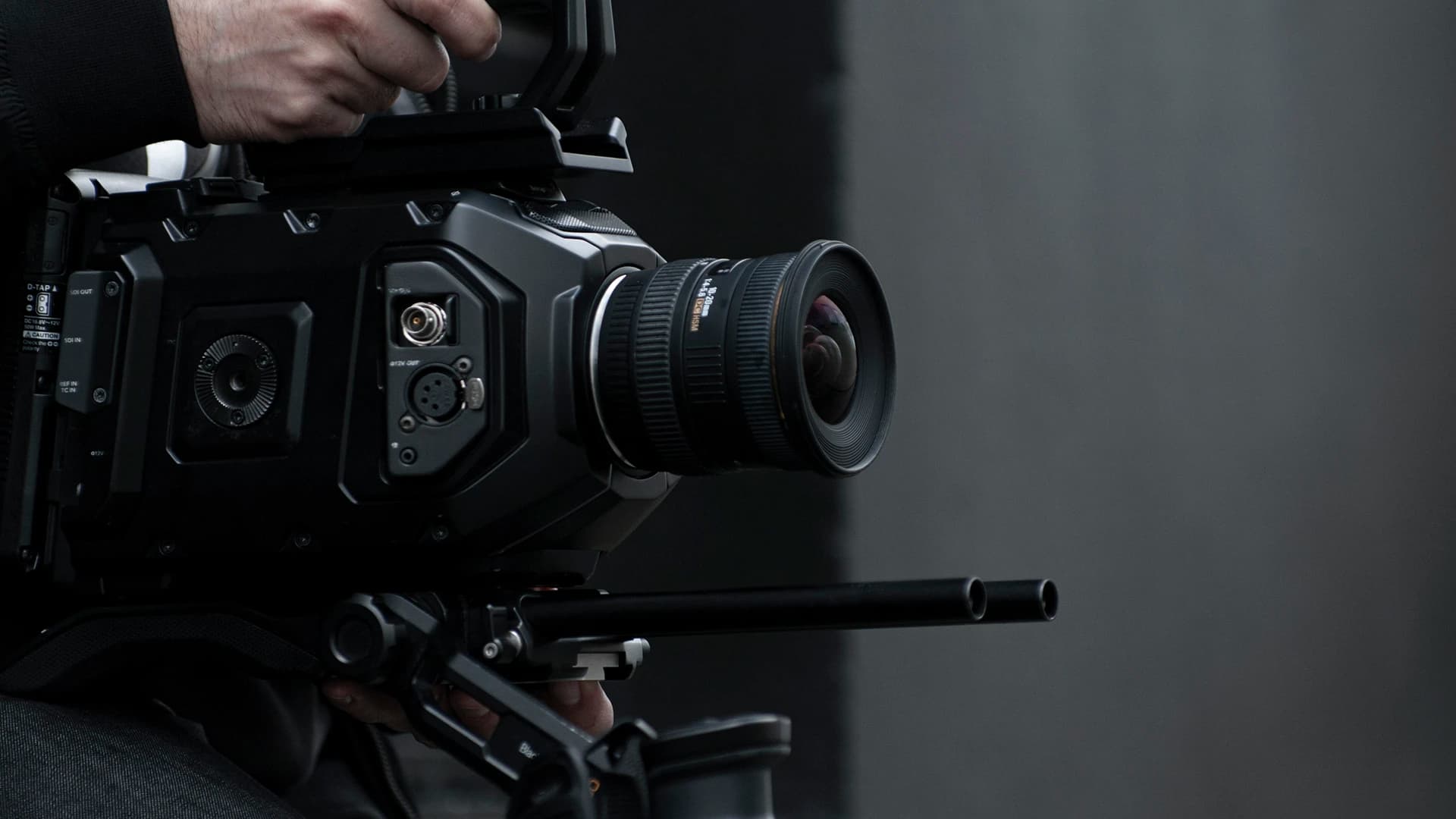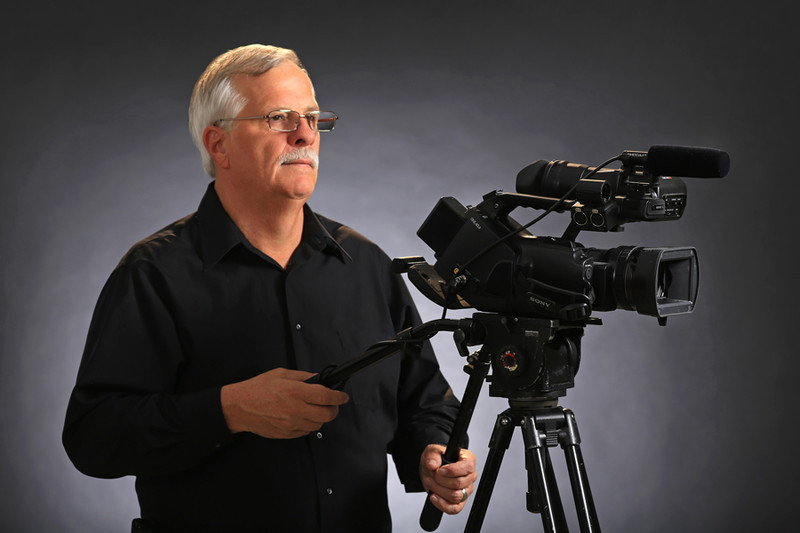Legal Videography: A Effective Tool for Ensuring Courtroom Transparency
Legal Videography: A Effective Tool for Ensuring Courtroom Transparency
Blog Article
Leading Benefits of Making Use Of Lawful Videography for Depositions and Trials
The combination of lawful videography right into depositions and trials offers an array of compelling advantages that can considerably impact the efficiency of lawful process. By catching witness testimonies in a vibrant format, legal videography not only boosts the discussion of proof yet also strengthens witness reputation with the conservation of both verbal and non-verbal hints.
Improved Proof Presentation


In the world of lawful procedures, using video recordings has changed the method evidence is presented in court. Legal videography gives a dynamic and appealing tool for showcasing critical proof, making complex information more easily accessible to courts, juries, and other stakeholders. Unlike standard written transcripts, video recordings record not just the spoken words, yet also the nuances of body language, tone, and demeanor, which can dramatically affect the analysis of testimonies and statements.
In addition, video evidence permits for a much more engaging narrative discussion. With aesthetic narration, attorneys can efficiently highlight crucial facets of a situation, leading the audience's focus to essential moments. This improved discussion can assist in a much deeper understanding of the context and implications of the evidence being talked about.
Furthermore, the capability to present evidence in a multimedia style can enhance the test procedure, minimizing the moment needed to convey info contrasted to extensive verbal explanations or checking out from transcripts. Overall, lawful videography plays a critical function in improving evidence presentation, making certain that the info is both impactful and comprehensible, eventually helping in the quest of justice.

Better Witness Reputation
The use of lawful videography considerably improves the reputation of witnesses during test process. By offering a graph of a witness's testament, lawful videography allows jurors and judges to view the witness's temperament, self-confidence, and authenticity. This multi-dimensional presentation can significantly affect how the information is obtained, typically resulting in a much more beneficial perception of the witness.
Moreover, the recorded video records non-verbal hints, such as body movement and faces, which can be important in communicating truthfulness or emotional depth. A witness that appears composed and genuine is most likely to be viewed as trustworthy than one that is simply listened to with audio. Legal videography also removes the potential for misconception that can take place with written transcripts, as the aesthetic format provides context that sustains the spoken word.
In addition, the durability of video proof enhances the witness's account, making it more challenging for opposing celebrations to test the statement's integrity. By incorporating legal videography into depositions and link trials, lawyers can significantly boost the viewed integrity of their witnesses, inevitably boosting the total effectiveness of their case.
Accurate Deposition Records
Precise deposition documents play an important role in legal process, serving as vital evidence that shows the credibility and dependability of witness testaments. This accuracy is essential when establishing the realities of an instance, as it enables lawyers to reference specific phrases or assertions made by witnesses, lowering the risk of misconception.
Additionally, legal videography improves the precision of deposition documents by catching the aesthetic and acoustic aspects of the testament. This consists of body language, tone of voice, and faces, which can give extra context to the spoken words. Such thorough records allow attorneys to craft more engaging debates, as they can easily validate cases with straight proof.
Additionally, exact deposition records can simplify the test process, lessening disagreements over what was claimed and permitting a more effective presentation of evidence. Inevitably, the combination of created transcripts and video recordings promotes a clearer understanding of witness testimonies, significantly affecting the situation's end result.
Psychological Influence on Jurors
Jurors frequently discover themselves influenced by the psychological weight of the statements they witness throughout a test. The aesthetic and auditory aspects of lawful videography improve this emotional vibration, permitting jurors to regard the nuances of witness expressions, tone, and body language. These elements play an essential function fit jurors' assumptions of trustworthiness and dependability.
When jurors see a witness stating a distressing experience, the emotional gravity captured on video clip typically evokes empathy and involvement. This can be particularly impactful in instances where the human aspect is main, such as accident or household law issues. The ability to get in touch with a witness's feelings cultivates a deeper understanding of the situation, making jurors more probable to associate with the narrative being provided.
Furthermore, video testimonies can communicate a feeling of authenticity that might be lost in written records or audio recordings. Jurors are not just soaking up information; they are likewise experiencing the story, which can considerably affect their deliberations. In this way, lawful videography functions as an effective device to evoke feelings, ultimately check that guiding jurors toward a more informed and caring judgment.
Affordable Litigation Device
Lawful videography not only improves the psychological influence of witness statements yet also serves as an affordable lawsuits device. By supplying a visual record of depositions and testimonies, legal videography can considerably decrease the expenses related to traditional trial prep work and presentation.
First, it reduces the need for substantial witness traveling and accommodations. Instead of bringing several witnesses my company to court, their tape-recorded depositions can be played during the trial. legal videography. This not just minimizes traveling costs yet also permits an extra streamlined discussion, as attorneys can concentrate on the most pertinent statements
Additionally, lawful videography can restrict the amount of time spent in trial. By efficiently presenting witness accounts and proof, lawyers can expedite process, which translates to lower lawyer fees and reduced court room costs. Moreover, the clarity and credibility of video recordings typically lead to quicker court choices, possibly reducing the trial period.
In an age where budget plans are progressively looked at, utilizing lawful videography can deliver significant savings while enhancing the total high quality of a situation presentation. Its dual advantages of cost-effectiveness and improved interaction make it an invaluable tool in modern lawsuits.
Final Thought
In summary, lawful videography dramatically enhances the efficiency of depositions and trials. Its ability to existing evidence adequately, enhance witness trustworthiness, and provide accurate records adds to an extra transparent lawful process.
Report this page